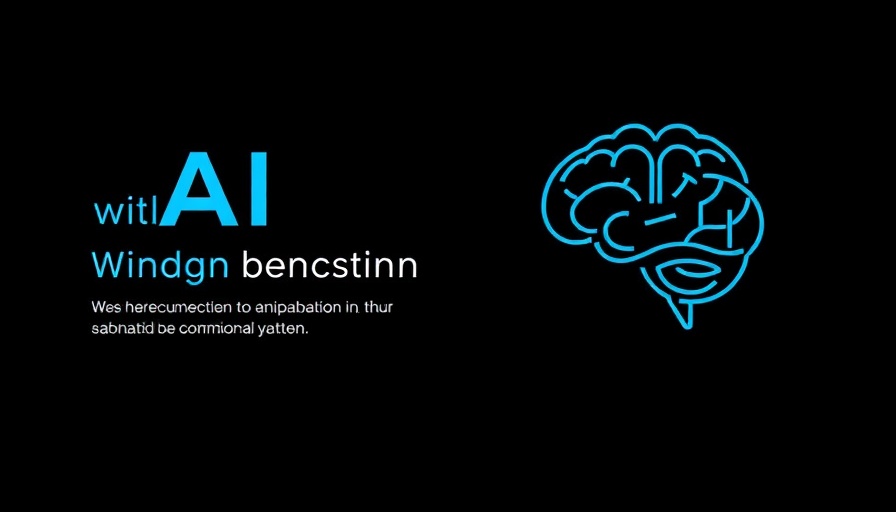
The Skills Gap in U.S. Manufacturing: A Challenge Ahead
The U.S. manufacturing sector is facing a significant challenge: a widening skills gap that threatens its revitalization efforts. According to Peter Koerte, CTO of Siemens AG, the average tenure of manufacturing workers has drastically declined—plummeting from 20 years in 2019 to just 3 years in 2023. This alarming trend signifies that many who occupy these positions lack the necessary skills and experience, potentially jeopardizing the production capabilities of American factories.
AI: A Solution to Manufacturing's Skills Crisis
As the efforts to reshore jobs gain traction, the need for addressing this skills gap has never been more pressing. Koerte suggests that one powerful ally in this struggle is artificial intelligence (AI). In 2024, Siemens launched an AI copilot designed for industrial workers, allowing them to troubleshoot manufacturing issues simply by inputting basic information about malfunctioning machinery. This innovation not only simplifies complex technical processes but also empowers less experienced workers to perform at a higher standard.
Democratizing Engineering Expertise through AI
One of the remarkable benefits of AI integration is the democratization of engineering knowledge. With AI tools, the depth of expertise required to make informed decisions diminishes. Workers facing issues in the production line can leverage technology to gain insights previously reserved for seasoned professionals. “It levels the playing field,” Koerte states, highlighting how AI-driven systems can enable workers to effectively contribute even with a limited skill set.
Rethinking the Future: What AI Means for Manufacturing
The implications of AI in manufacturing extend beyond merely addressing existing challenges; they also lay the groundwork for future innovations. AI technologies are transforming production processes, enhancing operational efficiency, and improving maintenance strategies. By harnessing AI, manufacturers can streamline their operations, reduce downtime, and prepare for a more scalable growth paradigm, thereby attracting a new generation of workers eager to engage with cutting-edge technologies.
AI-Driven Franchise Strategies: Learning from Manufacturing
The lessons drawn from the manufacturing industry’s integration of AI can profoundly influence franchising. Just as manufacturers leverage AI to navigate skills shortages and improve efficiencies, franchises can adopt similar strategies. AI-driven solutions—autonomous lead nurturing, predictive analytics for franchise performance, and AI in customer service—can enhance franchise operations, streamline onboarding, and bolster customer engagement.
Adapting to a New Era of Franchising
As the franchising landscape evolves, understanding the benefits and integration of AI is crucial for leaders. The adoption of AI technologies can provide a competitive edge, allowing franchises to refine their marketing strategies, enhance customer experiences, and optimize workflows. For instance, AI-powered CRM systems can automate routine tasks, facilitating better interactions with franchisees while allowing them to focus on growth initiatives.
Conclusion: Embracing AI for Future Growth
The convergence of AI and manufacturing presents a valuable roadmap for the franchising sector. Leaders within the franchise community must recognize the need to adapt and integrate AI initiatives into their strategic planning. Fostering a culture of innovation is essential for navigating the complexities of modern business, and embracing AI may be the ultimate strategy for sustained growth and success in the coming years.
 Add Row
Add Row  Add
Add 




Write A Comment